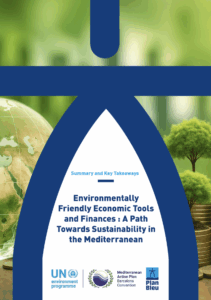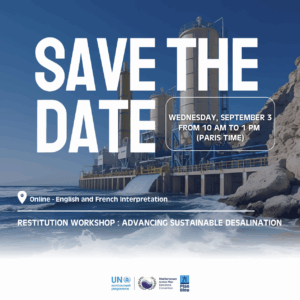UNEP/MAP is committed to the achievement of UN Sustainable Development Goal 5 “Achieve gender equality and empower all women and girls”. The institutional demographics of the Mediterranean Action Plan/UNEP Coordination Unit, but also of all its Regional Activity Centers, testify to this commitment, with gender parity achieved. Through the entire portfolio of projects implemented, UNEP/MAP seeks to enhance and achieve this goal.
Gender equality and women’s empowerment is one of the three pillars of the MedProgramme, a new UNEP/MAP-led initiative for sustainability in the Mediterranean, funded by the Global Environment Facility. Thus, gender issues are integrated into these projects and gender is one of the foundations of this program. Plan Bleu has just published two gender-sensitive climate risk assessments. These evaluations focus, on one hand, on the Tangier-Tetouan-Al Hoceima region, in Morocco and, on the other hand, on the Bay of Kotor, in Montenegro.
This work improves understanding of the relationship between gender issues and the many impacts of climate change. In fact, these can exacerbate pre-existing conditions of socio-economic (poverty, etc.) and physical vulnerability affecting women. Indeed, gender roles and codes have a direct influence on the ways in which they can respond to and adapt to extreme climate change events over the long term. Floods, forest fires, storms and drought, among others, affect women and men differently. Understanding these risks in a differentiated way, according to gender criteria, allows for the design of more inclusive and contextualized climate change adaptation strategies. However, it is crucial to strengthen gender-disaggregated data collection systems in the Mediterranean, where appropriate to the indicator, in order to shed light on these complex issues.













